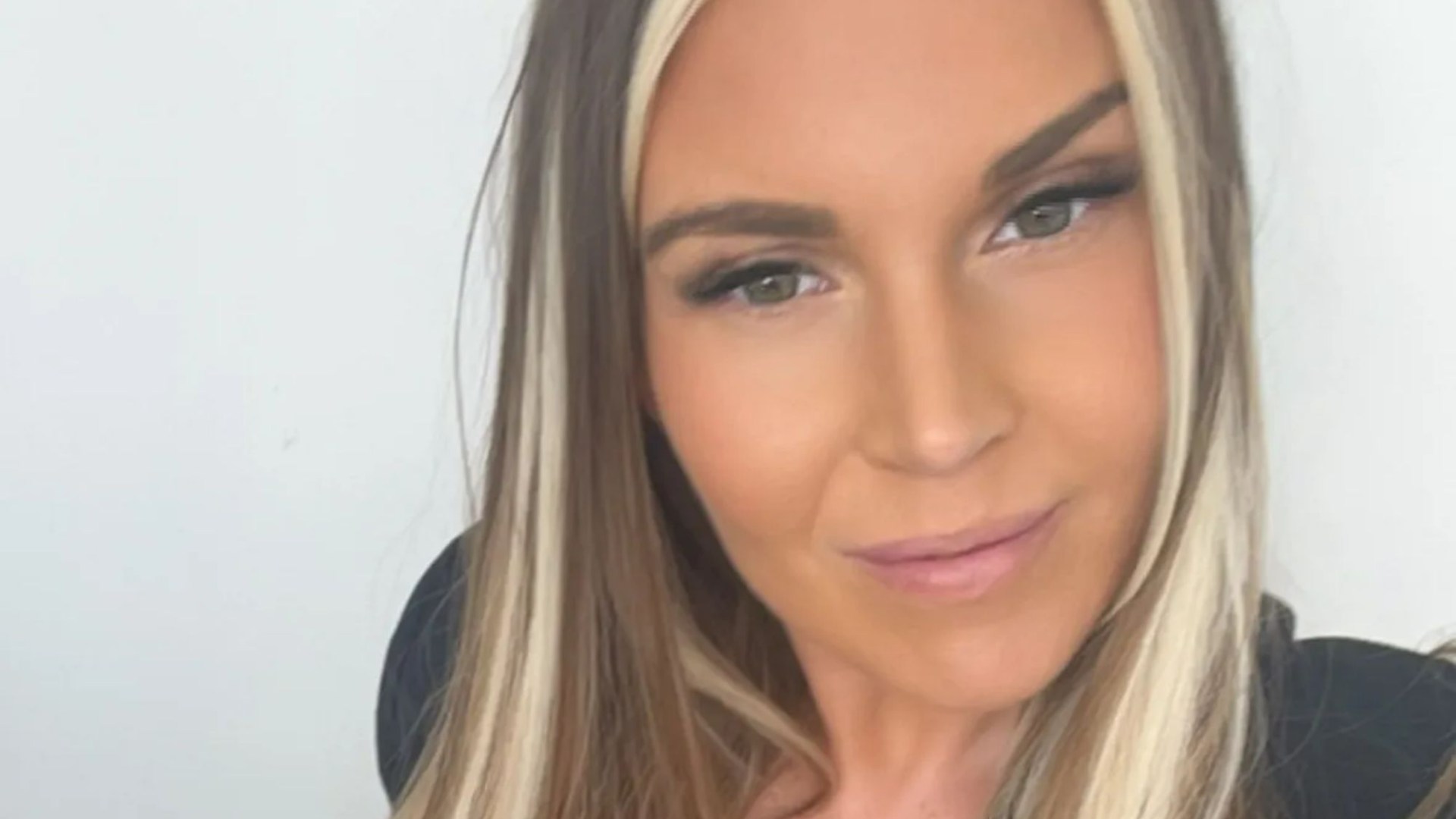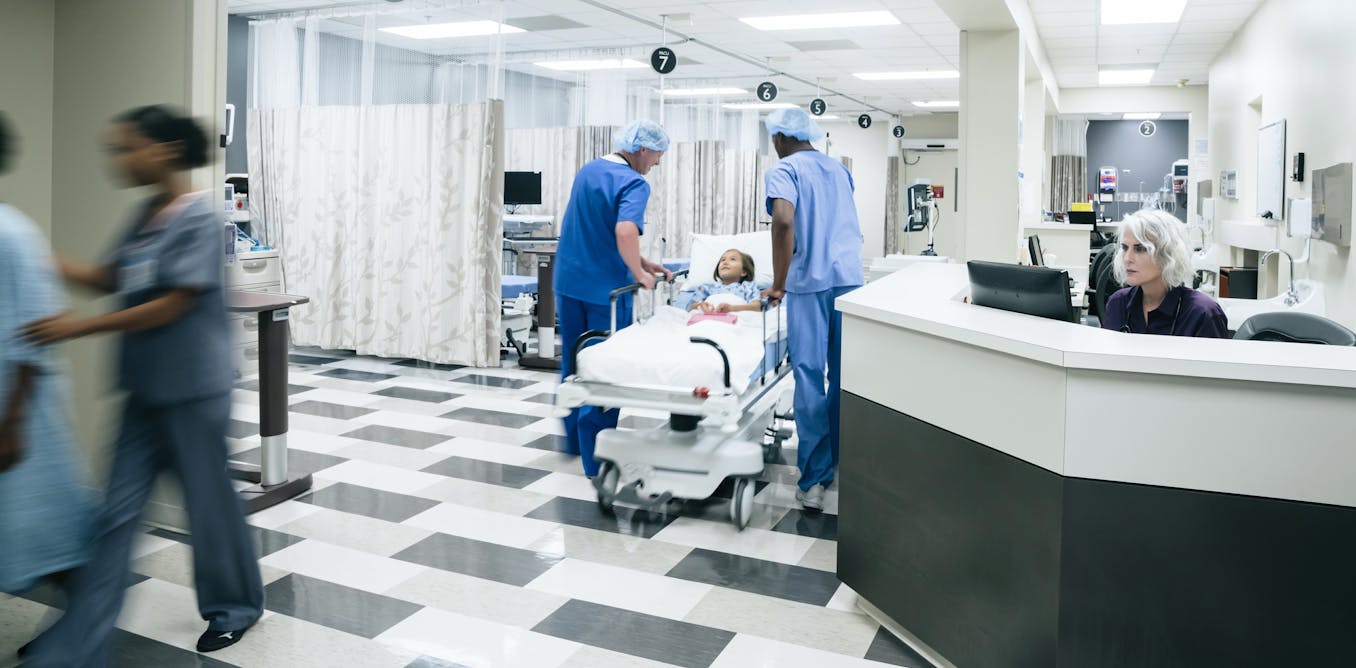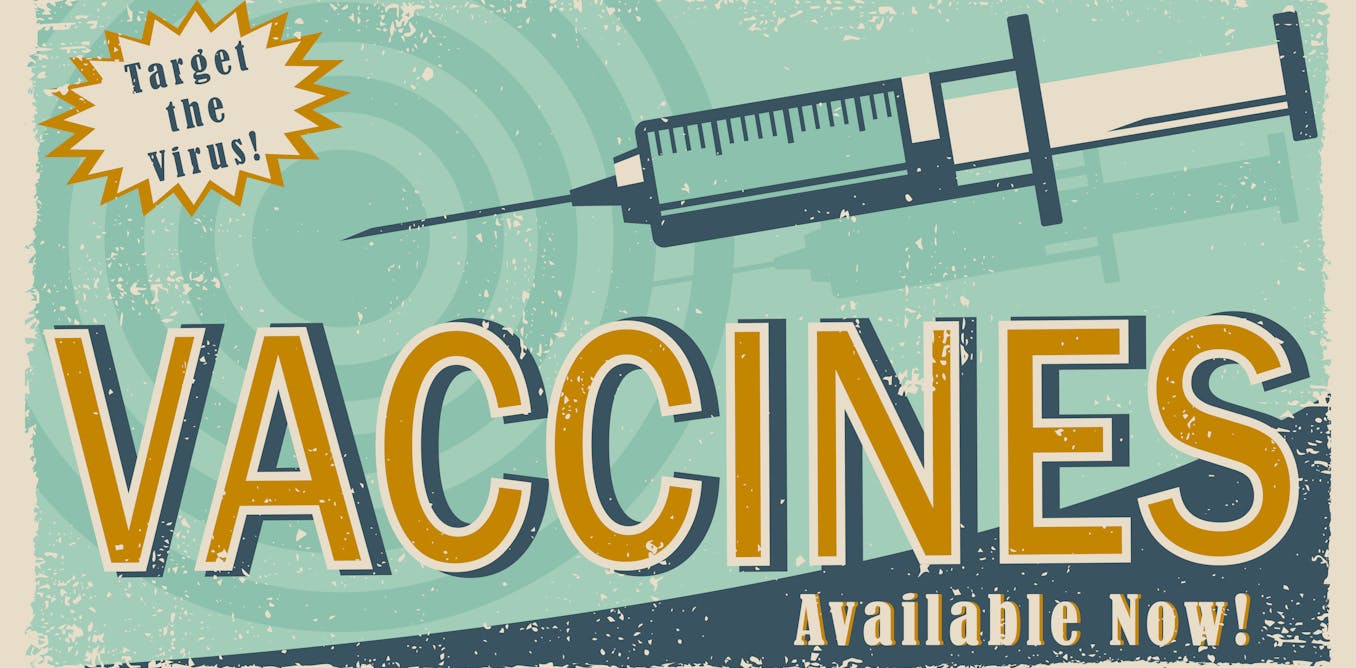A COMMON childhood illness wreaked havoc among a family when a woman lost her unborn baby and almost died.
Farran Wilkins, 35, and her partner, Robert West, 34, were expecting their first baby together, but lost their unborn child at 25 weeks due to the virus.
5

5

5
Farran’s daughter from a previous relationship, Maple, 3, caught slapped cheek syndrome while at nursery.
The illness is a common viral infection in children, which usually gets better on its own within three weeks.
It’s mostly spread through droplets, like a cold, and isn’t life-threatening, but can be to unborn babies.
In April this year, Maple came home from nursery with symptoms of slapped cheek syndrome – a fever, red cheeks, a runny nose and a rash.
Read more on child illnesses
She was diagnosed with the illness, also known as parvovirus. At the time, Farran was 17 weeks pregnant.
Weeks later, in May, a routine scan showed Farron’s unborn baby – who she named Floss – was unwell.
The unborn tot was diagnosed with a life-threatening condition resulting from the parvovirus infecting Farron and passing to her in the womb.
Despite intervention, Floss didn’t recover and was still born at 25 weeks, on June 14th.
Farron’s life was also in danger because the baby’s illness was affecting her and her body was filling with fluid.
Now, Farron, a receptionist from Gravesend, Kent, wants to raise awareness of the risks of paravovirus to unborn babies.
She said: “This was the most heartbreaking thing we’ve ever been through.
“We had to make a choice to terminate the pregnancy for medical reasons – it’s not a choice at all, it’s just horrible. Floss and I could easily have both died.
“There needs to be more awareness for healthcare professionals, educational staff and pregnant women – there needs to be a government campaign.
“Parvo is on the rise and nobody is aware of the risks. I had no idea it could cross the placenta.
“I had a sore throat and asked my GP about the risks but he said it would be fine, so he didn’t know the risks either.
“We’re all told about chicken pox but we need more information on parvovirus and it’s a bigger risk at the moment.
“If I had known the risks and known there was a parvo outbreak at nursery I would never have sent Maple there.”
IT STARTED AS A SORE THROAT
Farran and Rob have known each other since they became teens, and got together in May 2022.
She has two girls from a previous relationship – Maple, and her sister aged 7 – and Rob has an eight-year-old daughter.
Neither of them worried when Maple was ill with slapped cheek syndrome or when Farran had a sore throat.
They said she would die of heart failure, and my life was at risk too.
Farran Wilkins
But medics at Darent Valley Hospital spotted fluid in Floss’ stomach, in her head and around her heart at her anomaly scan at 22 weeks.
Farran was referred to Professor Ranjit Akolekar, a specialist in foetal medicine, at Medway Hospital.
He diagnosed Floss with a condition called hydrops – resulting from severe anaemia – in turn caused by parvovirus crossing the placenta.
When parvovirus infects a baby in the womb it causes severe anaemia, which is a lack of iron, so the baby’s blood becomes very diluted.
Floss’ blood was a light yellow colour instead of red, Farron said.
The unborn baby’s body becomes filled with fluid – which is a sign of hydrops, a life-threatening condition.
Floss was going in to heart failure by the time she was diagnosed at 23 weeks.
Professor Akolekar and his team gave Floss a blood transfusion through the umbilical cord, but a scan 10 days later showed the blood was watery again.
HEARTBREAKING DECISION

5

5
Farron was also developing something called mirror syndrome, where her body was also filling with fluid, which was putting her own life at risk.
And Farron and Rob had to make the heartbreaking decision to terminate the pregnancy at 25 weeks after being told Floss would not be able to recover.
Pregnant women and other high risk groups should be counselled about the risks.
Farran Wilkins
Farran said: “The care I received was amazing. They tried everything, I was completely in awe of what they could do. But even with the new blood she wasn’t able to fight the virus.
“We didn’t have a choice in the end – she had been struggling with watery blood for too long. They said she would die of heart failure, and my life was at risk too.
“There was so much fluid in my legs that I couldn’t bend them – they were huge, and I looked full-term.
“There’s a terrible lack of information about parvo. So many pregnant women have children in primary school or nursery and parvo is a childhood disease.
“We need to be better informed – I just want to save more babies.”
Several reports say human parvovirus (B19V) cases increased across Europe last winter.
The risk to pregnant women is classed as low to moderate, with babies up to 20 weeks being at highest risk.
Farran said: “Pregnant women and other high risk groups should be counselled about the risks.”
What is slapped cheek syndrome and who is at risk?
Slapped cheek syndrome, also referred to as ‘fifth disease’, is a common viral infection in children that usually gets better on its own in three weeks.
It’s rarer in adults, but can be more serious.
Symptoms
The first sign is usually feeling unwell for a few days. Symptoms may include:
- a high temperature
- a runny nose and sore throat
- a headache
A red rash may then appear on one or both cheeks – although adults don’t usually get the rash.
A few days later, a spotty rash may appear on the chest, back, arms and legs.
The rash can be raised and harder to see on brown and black skin.
It usually fades within one to three weeks, but can sometimes last longer.
How slapped cheek syndrome is spread
The virus spreads by coughs and sneezes or by touching contaminated objects.
But it can be hard to avoid spreading it because most people don’t know they have it until they get the rash.
It can only be spread before the rash appears.
How to treat slapped cheek syndrome
Slapped cheek syndrome can be treated at home with rest, plenty of fluids to avoid dehydration, and by taking paracetamol and ibuprofen if you feel uncomfortable.
You should see a GP if you think you have slapped cheek syndrome and you’re pregnant, you have a blood disorder, or you have a weakened immune system.
Ask for an urgent GP appointment or call NHS 111 if you think you have slapped cheek syndrome and you have:
- very pale skin
- shortness of breath
- extreme tiredness
- fainted
Source: NHS




